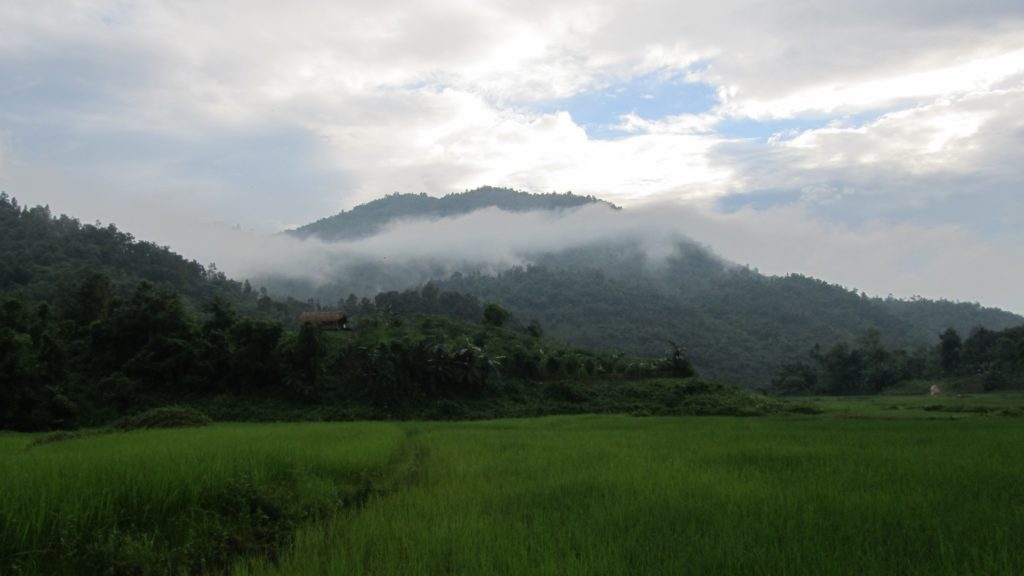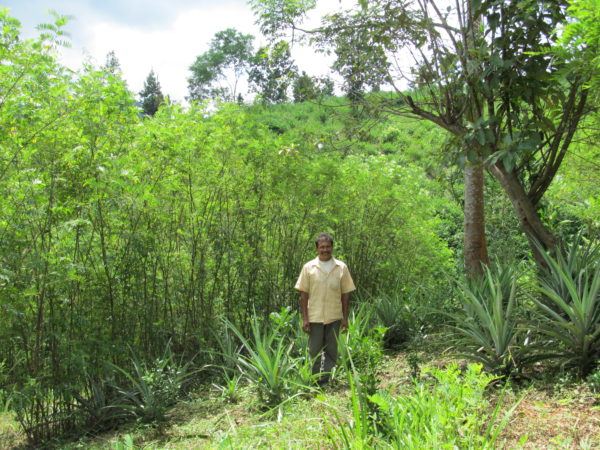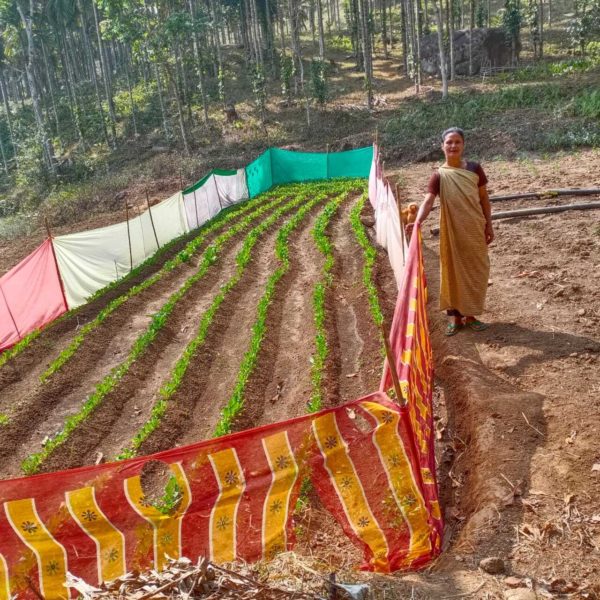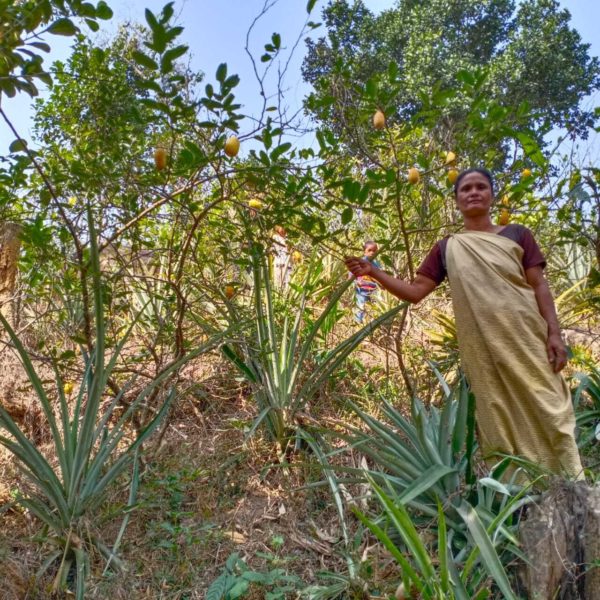
A Lasting Impact Part 1: India Patharkhmah
At Growing Hope Globally, we know that the food security programs we support are effective catalysts of change. We regularly share updates about the immediate difference they are making in participants’ lives. However, we don’t often get to share what continues to happen years later – how those who have been impacted by these programs continue to grow and bring change to their communities.
We recently caught up with participants from a few of our past programs. Over the next several weeks, we will be sharing their stories. We hope you will enjoy this series. Thank you for helping us to make A Lasting Impact.
Change Begins
The India Patharkhmah program began in 2009, implemented through World Renew with local partner NEICORD. The program continued for 6 years, and helped 1706 families to improve their agricultural practices.
 When the program began, the average family only had sufficient food for 6 months of the year. Farmers were practicing shifting cultivation where they would slash and burn a plot of land and farm it for a few years before moving on to another plot and allowing the land to recover. With increasing population pressure and limited land, farmers were coming back to the same plot in a shorter period of time, resulting in poor soil fertility.
When the program began, the average family only had sufficient food for 6 months of the year. Farmers were practicing shifting cultivation where they would slash and burn a plot of land and farm it for a few years before moving on to another plot and allowing the land to recover. With increasing population pressure and limited land, farmers were coming back to the same plot in a shorter period of time, resulting in poor soil fertility.
As an alternative, NEICORD introduced farmers to Sloping Agricultural Land Technology (SALT), where nitrogen fixing trees are planted in hedgerows along the contours of the hillside to prevent erosion and improve soil fertility. The farmers planted fruit trees and other crops between the hedgerows.
Another key practice was the System of Rice Intensification, which allowed them to increase their yields significantly. Farmers also learned about kitchen gardening, so they would have a constant source of fresh produce available near the home, as well as animal raising for protein and income generation.
By the end of the program, the average family had enough food to meet their needs year-round. Since then, kitchen gardens have become very popular as families have recognized their potential to meet their food needs, but also to generate an income.
Change Takes Root
SALT is now widely adopted in the community, replacing shifting cultivation as a standard practice. Farmers also continue to learn and practice new ideas to further improve the way they farm. Those who planted fruit trees during the program are now seeing the real benefit as their trees are maturing and have been producing a substantial fruit crop over the last 3-4 years.
While the results that happened during the six years of the program are impressive, what is even more significant is the fact that the impact continues to grow and spread years later, as systems that were put in place then continue to bear fruit.
 During the program, NEICORD established Self-Help Groups and Farmers Clubs where community members learned about improved agricultural and health practices in addition to saving money and giving one another loans. After a few years, the Farmers Clubs and Self-Help Groups from several villages came together to form a Federation. The Federation advocates for its membership and has enabled them to access government resources as well as credit, which allows them to purchase agricultural inputs.
During the program, NEICORD established Self-Help Groups and Farmers Clubs where community members learned about improved agricultural and health practices in addition to saving money and giving one another loans. After a few years, the Farmers Clubs and Self-Help Groups from several villages came together to form a Federation. The Federation advocates for its membership and has enabled them to access government resources as well as credit, which allows them to purchase agricultural inputs.
The Federation has several subcommittees, including one for agriculture. These subcommittee members continue to learn new agricultural practices – even going to other parts of the country to attend training – and then provide training to others in the community. They have also linked farmers with the Agriculture Department’s Vegetable Development Scheme where they have access to quality seeds.
Change Grows
Arabiansi wasn’t a part of the original Patharkhmah program. She got involved in 2016, when the agricultural subcommittee offered training on kitchen gardening and SALT. She immediately began practicing what she learned, planting lemon, ginger, pineapple, green chili and black pepper on her hillside land. The family also grows their own vegetables in their kitchen garden. In 2017, they added chickens, pigs and dairy cows to their farm.

Last year, Arabiansi’s family harvested 1,000 lemons, 220 pounds of ginger, and 22 pounds of black pepper. They sold most of it in the local market and earned a good income. The family now has a diversified diet with good nutrition. They are able to provide for their dietary needs year-round and they have improved their income as well.
The Patharkhmah program has truly made a lasting impact. Six years of investment in community leadership and agricultural training were just the beginning. With local leaders that are organized and have the skills and confidence to learn, innovate and teach others, the impact will continue to multiply, and more people like Arabiansi will benefit for years to come.
In 2015, NEICORD started a similar program 50 miles away in Umsning, building upon what they learned in Patharkhmah.
